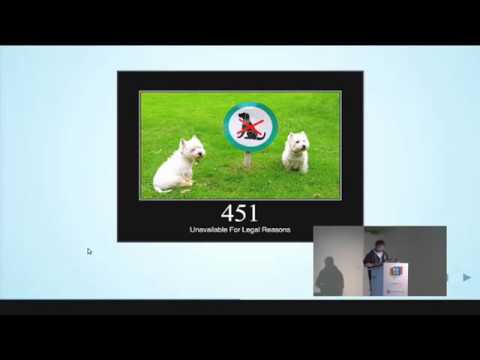Description:
Explore a conference talk that delves into the world of peer-to-peer computing and its potential impact on privacy and decentralization. Learn about the motivations behind developing peer-to-peer systems, including concerns about surveillance and the need for stronger cryptography. Discover the fundamental elements and abstractions of peer-to-peer applications, and examine the progress made by a group of Pythonistas in creating a framework for P2P development. Gain insights into remote code execution, distributed hash tables, cryptographic requirements, and firewall navigation techniques. Consider the types of applications that could be built using P2P technology and explore the economic viability of such systems. Engage with discussions on privacy, human rights, and the political implications of programming choices. Understand the challenges and opportunities presented by peer-to-peer architectures compared to traditional client-server models.

The Return of Peer to Peer Computing
Add to list
#Conference Talks
#EuroPython
#Programming
#Programming Languages
#Python
#Computer Science
#Cryptography
#Software Development
#Application Development
#Blockchain Development
#Decentralized Systems
#Information Security (InfoSec)
#Cybersecurity
#Remote Code Execution